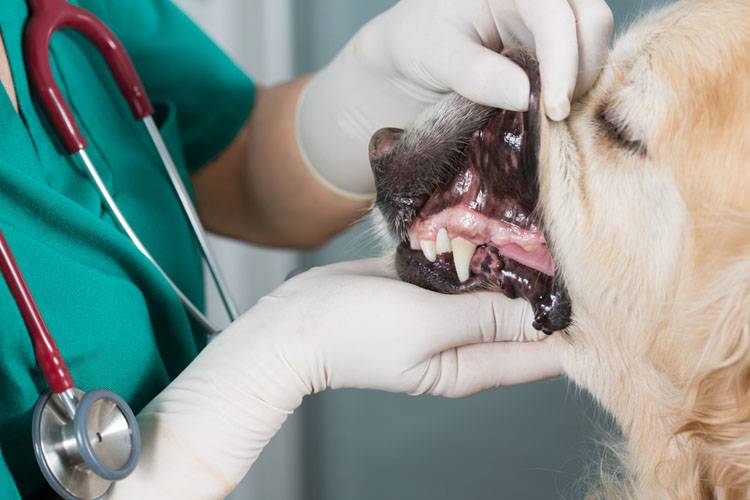Anemia Overview
Anemia is the condition in which there are fewer red blood cells in a dog or cat. Red blood cells carry a protein called hemoglobin. It is the hemoglobin that gives red blood cells their red coloration and the body oxygen. The relative amount of red blood cells in the body can be determined with a packed cell volume (PCV) test. Factors, such as age and dehydration level, determine whether the PCV is high or low.
What Causes Anemia?
Anemia can be caused by external or internal bleeding or hemolysis (destruction of red blood cells) because the body itself is not producing enough red blood cells in the bone marrow. A puppy or small dog can get anemia due to an infestation of fleas or ticks.
In cats, the feline leukemia virus may cause anemia.
Raw, cooked or dehydrated onions can also cause anemia. Ingestion of aspirin, zinc propylene glycol (found in some canned food) and acetaminophen found in Tylenol can also lead to toxin reaction and blood loss.
RELATED: Is Pre-Surgical Blood Work Really Necessary?
Diagnosing and Treating Anemia
To run a PCV test, a small amount of blood is drawn and placed in a very thin tube, then spun down. The veterinary assistant will usually be the one to draw the blood and run the test.
Treatment will depend upon the cause of anemia. In some cases, a blood transfusion will be needed to increase the red blood cells in the body. IV fluids and certain medications may also need to be given to reverse the anemia.
To prevent anemia, don’t give any drugs or over-the-counter medication unless specifically requested by the veterinarian. Remember that giving Tylenol can be fatal to both dogs and cats. There are many products on the market for dogs that repel or kill fleas that are easy to apply. For cats, limit your cat’s contact with unfamiliar cats or vaccinate him for feline leukemia.
You may also like: Can Pets Donate Blood?





